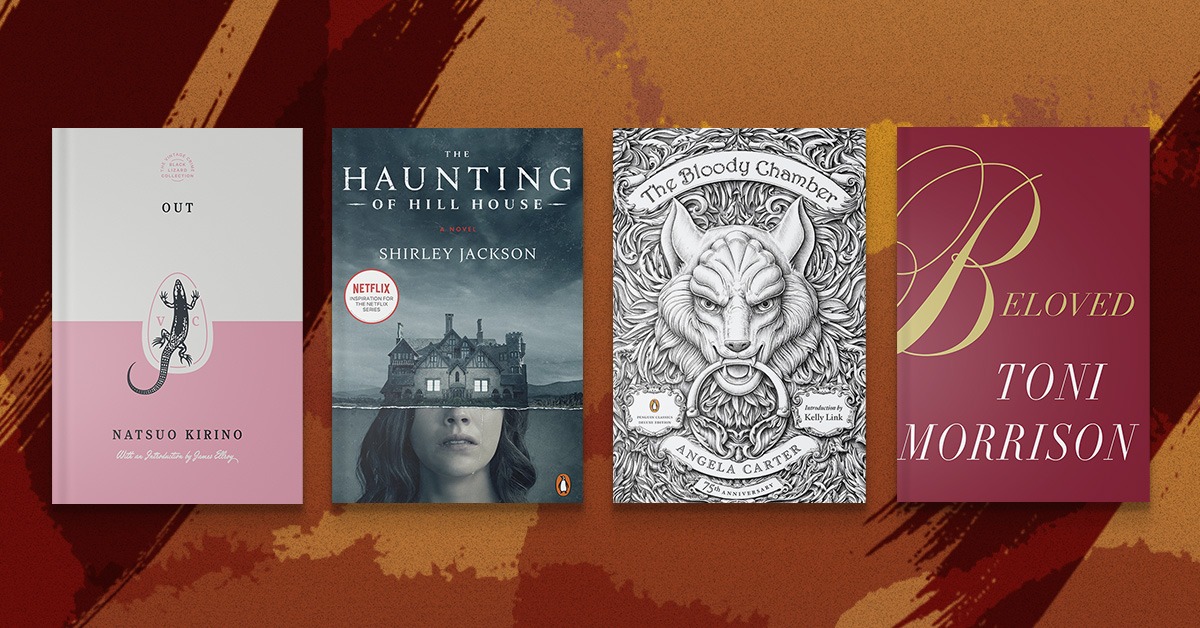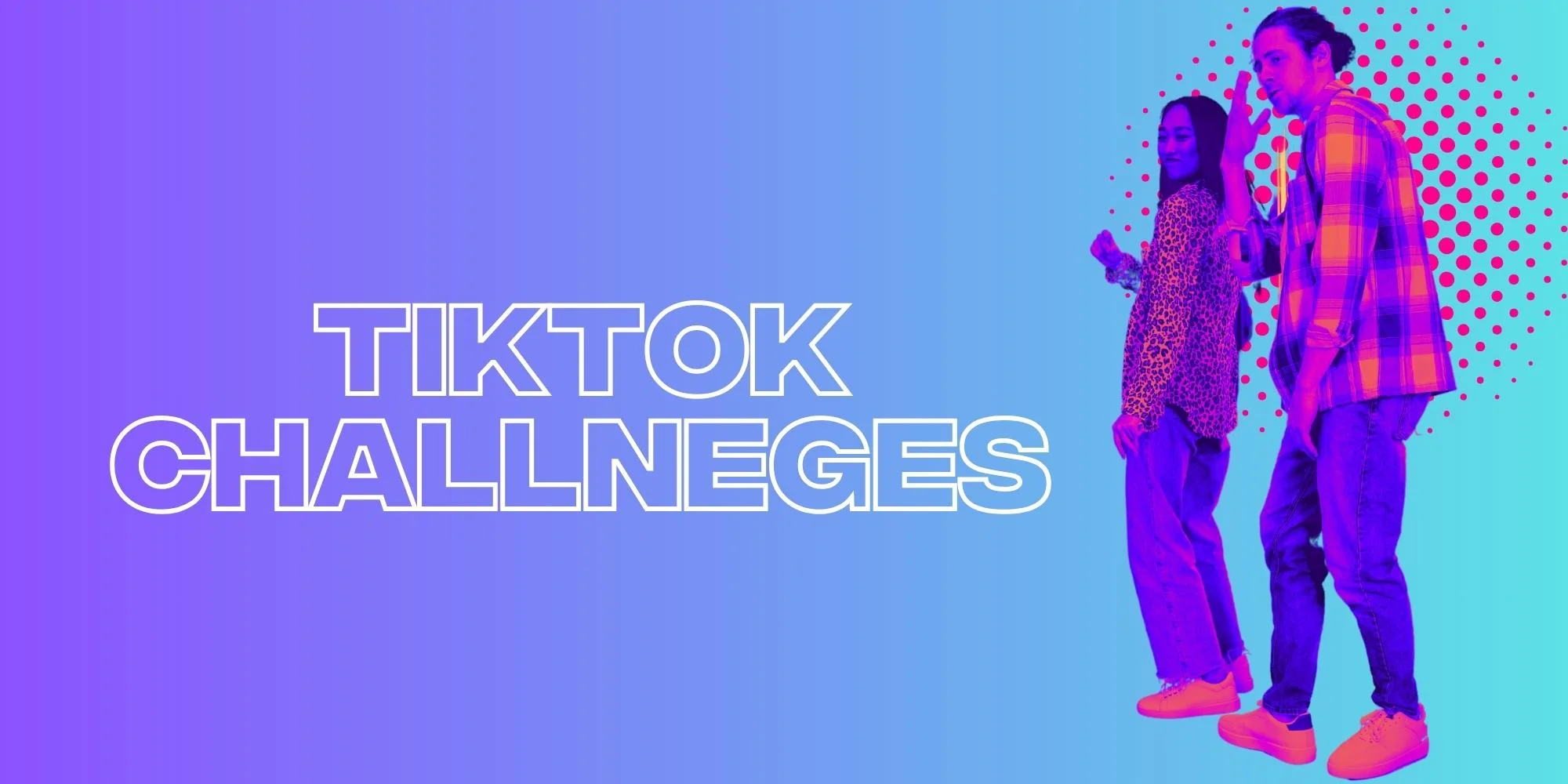The Changing Landscape of Genre Fiction
Genre fiction has always been a mirror to society’s dreams, fears, and possibilities. Over time, storytelling trends shift, driven by cultural, technological, and global influences. Among the most dynamic and ever-evolving genres are science fiction (sci-fi) and fantasy. These two genres, often seen as realms of pure imagination, are now breaking boundaries and redefining what’s possible in literature.
Australian authors, in particular, are playing a vital role in shaping these narratives. With fresh perspectives and culturally distinct voices, they’re creating stories that not only reflect local influences but also resonate on the global stage.
From Classic Tropes to Bold New Worlds
Science fiction and fantasy have long been known for their iconic themes — space travel, dystopian futures, magical realms, and epic quests. While these tropes remain beloved, modern authors are challenging their limits, offering readers something unexpected.
Reimagining the Hero’s Journey: The classic “hero’s journey” is being reworked to include more diverse protagonists, marginalized perspectives, and fresh motivations. Heroes now come in all forms, from unlikely adventurers to morally complex characters.
Blurring Genre Boundaries: No longer confined to the strict rules of sci-fi or fantasy, modern stories weave elements of horror, thriller, and even romance. This hybrid storytelling keeps readers guessing and immersed.
The Rise of Climate Fiction (Cli-Fi): Climate change and environmental issues are being explored through speculative fiction. Australian authors, in particular, are delving into these themes, reflecting the nation’s unique relationship with nature and water scarcity challenges.
Australian Voices on the Global Stage
Australian authors are no longer just participants in global genre fiction — they’re leaders. The country’s distinct environment, history, and cultural tapestry influence its storytelling in unique ways.
Local Stories, Global Appeal: Themes of isolation, resilience, and connection with the land often appear in Australian sci-fi and fantasy. Authors use these ideas to craft rich, immersive worlds that stand out internationally.
Championing Diversity and Inclusion: Australian writers are prioritizing representation in their stories. Indigenous perspectives, LGBTQ+ voices, and culturally diverse characters are becoming central figures in contemporary Australian sci-fi and fantasy.
Spotlight on Emerging Authors: New Australian voices are gaining global attention, thanks to local writing festivals, awards, and online platforms. Their works are being translated, reviewed, and celebrated worldwide.
Emerging Trends in Science Fiction
Science fiction, often seen as a “genre of ideas,” continues to evolve alongside technology and societal change. Here are some of the most prominent trends shaping modern sci-fi:
Artificial Intelligence (AI) Dilemmas: Stories exploring AI’s ethical challenges are at the forefront. As real-world AI advances, speculative fiction raises questions about control, sentience, and humanity’s future relationship with machines.
Post-Pandemic Futures: The COVID-19 pandemic has inspired speculative fiction that reflects on isolation, health crises, and social collapse. These stories tap into collective fears but also offer hope for human resilience.
The Return of Space Opera: Grand, intergalactic adventures are making a comeback. But unlike the simplistic space operas of the past, today’s versions are more nuanced, with intricate politics, morally grey characters, and rich world-building.
The Evolution of Fantasy Storytelling
Fantasy has always been a genre of imagination and wonder, but modern fantasy is far from the “good vs. evil” tales of old. Today’s authors are pushing the genre’s creative limits in the following ways:
Deconstructing Traditional Fantasy Tropes: Classic elements like “chosen ones” and “dark lords” are being subverted. Instead of clear-cut heroes and villains, modern fantasy explores moral ambiguity and the complexity of human nature.
Mythology and Folklore Reimagined: Authors are drawing inspiration from underrepresented mythologies. Instead of relying on Norse or Greek myths, writers are incorporating Aboriginal, African, and Asian folklore, offering fresh perspectives.
“Slice-of-Life” Fantasy: Fantasy no longer requires grand, world-ending stakes. There’s a growing trend for “slice-of-life” fantasy, where everyday experiences, relationships, and personal growth take center stage within magical settings.
How Technology Fuels Genre Innovation
The digital age has also played a role in transforming sci-fi and fantasy. Here’s how technology is pushing genre evolution forward:
Digital Publishing and Self-Publishing: Online platforms make it easier for authors to publish and distribute their work. Indie authors now have direct access to global audiences, fostering creativity and unique storytelling.
AI-Generated Storytelling: Tools that generate story prompts or help with world-building are influencing how authors approach their craft. While AI doesn’t “write” the stories, it’s becoming a useful aid for brainstorming.
Online Reader Communities: Communities on Reddit, Goodreads, and other forums actively shape genre trends. Reader feedback is more immediate, pushing authors to meet (and sometimes challenge) audience expectations.
Looking Ahead: What’s Next for Sci-Fi and Fantasy?
The future of science fiction and fantasy is as unpredictable as the stories themselves. But a few key predictions stand out:
Cross-Cultural Storytelling: As authors from around the world continue to share their voices, the genre will see more cross-cultural influences. Expect more unique world-building, unfamiliar mythologies, and diverse protagonists.
Speculative Climate Stories: Climate fiction will likely become a defining subgenre. As environmental issues intensify, more authors will use sci-fi and fantasy to explore alternative futures, environmental justice, and human survival.
Experimental Formats: With the rise of audiobooks, podcasts, and interactive storytelling, authors are thinking beyond the traditional novel. Expect to see more interactive, multimedia sci-fi and fantasy experiences.
Conclusion: A Genre Without Limits
The evolution of science fiction and fantasy is a reflection of human imagination, progress, and the desire to explore the unknown. Australian authors, in particular, are at the forefront of this shift, blending local insight with global appeal. As readers seek out more diverse, thoughtful, and unexpected narratives, sci-fi and fantasy will continue to surprise and inspire us in ways we can’t yet predict.







